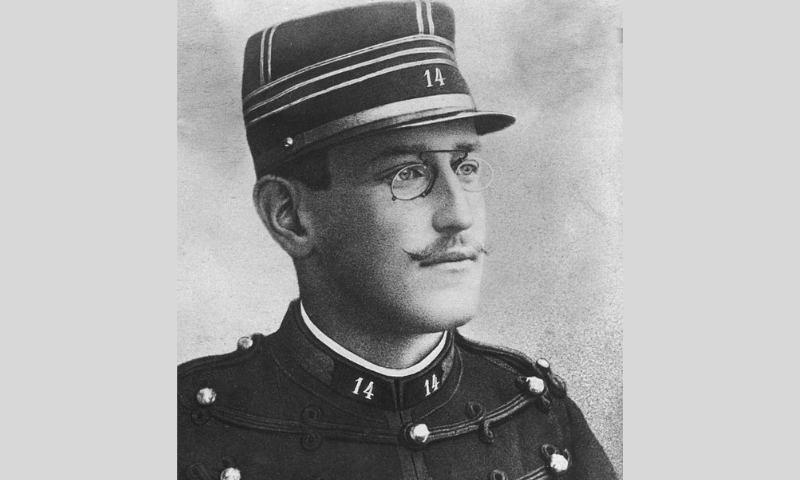Rich Tenorio
Haaretz, Mar. 16, 2024
“I think the outgrowth of antisemitism on college campuses is certainly different than it was during the affair. But certain tropes are very similar: This fantasy of Jewish power … Jews controlling the media. These are still tropes we see again. The other parallel that’s really striking is the division of France into two warring camps. It’s very reminiscent of the sort of division between left and right – what the U.S., I think, is going through right now too.”
From Saint Petersburg to Cincinnati, one particular story captivated newspaper readers in the last years of the 19th century: the Dreyfus Affair. The account of French-Jewish army captain Alfred Dreyfus, and his court-martial for treason amid a climate of rising antisemitism, was a magnet for both Jewish and non-Jewish audiences – especially after influential voices such as novelist Émile Zola argued that Dreyfus was innocent.
Yet the subject had a special resonance for Jews. They read about it in English, French, German, Hebrew and Yiddish. It even drove the plot of a Sholem Aleichem short story set in a fictional shtetl, “Dreyfus in Kasrilevke.”
Showing the impact of the Dreyfus Affair among world Jewry is one way scholar Maurice Samuels helps readers reimagine the controversy and its subject, in his new book “Alfred Dreyfus: The Man at the Center of the Affair.”
“Jews were truly obsessed with the case,” Samuels said in a phone interview. “Jewish newspapers, at the height of the affair in 1898 and 1899, seemed to think about little else.”
A Yale University professor who specializes in the literature and culture of 19th-century France and Jewish studies, Samuels has done a lot of thinking about the affair over the years – including between college and grad school, when he tried to write a Hollywood screenplay about it. Now he has addressed the affair in a volume of Yale University Press’ “Jewish Lives” series.
… [To read the full article, click here]


